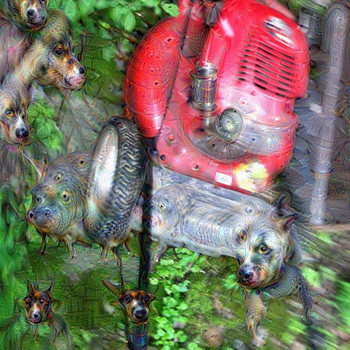Question #8c72e
3 Answers
No.
That remarkably simple equation correctly predicts a lot of physical properties with great precision. For example, when an electron and a positron combine they annihilate and produce two photons. Each photon carries half of the energy away from the interaction. Each photon will have precisely 0.511 MeV of energy. This is the rest mass of the electron.
Einstein did later discover that the equation needed some modification for objects moving at very high speeds. One must use the relativistic mass and not simply the rest mass.
This isn't really a change in the interpretation. It is simply a way of saying that objects have a rest mass and a kinetic energy which contribute to their total energy. At low speeds, the Kinetic Energy is simply
There is a change in the motion of the object. This is what the concept is trying to explain. All objects have mass. All objects also have motion; All objects are moving in relation to other objects. The Earth is traveling (moving) around the Sun even though we do not necessarily notice it. E stands for energy. m stands for the mass of the object and
No .
Explanation:
there are 2 energy mass equivalence equations
&
both are correct .
watch this video for more.



